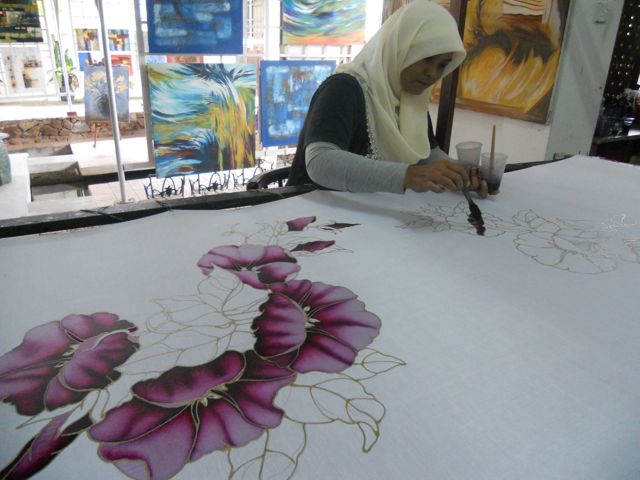Reflections on (some) Cultural Theories of Communication
By Apples Jalandoni
We often assume that the words we speak reflect social reality, meaning, what already exists.
However, theorists in Cultural Communication argue that the process works the other way around.
That our view of reality is, in fact, shaped by our language. The ‘real world’ is to a large extent built upon the language habits of people (Sapir as cited in Griffin, 2000).
This goes against the belief that words are neutral in carrying meanings.
A theory that shaped this belief is the Sapir-Whorf Hypothesis or Theory of Linguistic Relativity which suggests that, the way we see the world is shaped by the grammatical structure of our language (Littlejohn, 2002).
For instance, the Japanese language offers ten alternatives to the word ‘you’, depending on the relationship, gender, age and status of speaker (Griffin, 2000). This would most likely be depicted by the often rigid (?) and formal ways of the Japanese.
It is unique to many of us, Filipino speakers, to use the words “po” and “opo” when addressing our elders and highly-regarded individuals.
We believe that this is what maintains our culture of respect and humility.
Fast forward to the age of mass media, also came the complex movement of Cultural Studies led by Stuart Hall’s Media Theory. Hall believes that mass media function to maintain the dominance of those already in positions of power (Griffin, 2000). His movement fought to “win some space” (Hall as cited in Griffin, 2000) for the poor, powerless and essentially, the voiceless in society.
In the piece, Media Construction of Everyday Reality, mass media — especially mass news media– are seen as deliberately operating to influence and shape the public’s world view and human behavioral responses.
To the point where the mass audience already exhibit “media dependency” or a need to receive regular updates from the media, especially during times of uncertainty like calamities. An absence of media, even for a short period of time, will result to chaos and confusion.
According to Douglas Kellner in the article, Cultural Studies, Multiculturalism and Media Culture, media are misperceived as sources of cultural pedagogy.
That is why Cultural Studies is necessary, since its study has an intrinsically critical and political dimension.
This will enable people to cope with the seductive cultural environment put firmly in place by media to mold people’s world views and beliefs.
Finally, Stefan Weber, in the article Media and the Construction of Reality, argues that while media construct reality, they should be understood in the empirical rather than ontological sense.
Ontological constructivism will only see the medium as in itself constructive, in its relation to the world.
On the other hand, empirical constructivism is concerned with constructiveness as an empirically measurable trend. Empirical work will enable a better understanding of current media-generated reality construction. This is a way to ensure that viewers will not take for granted media’s enormous effects on culture and behavior.
We don’t want, an uncritical public.
Meanwhile…
I hate it when it rains
Because I miss you.
;P




